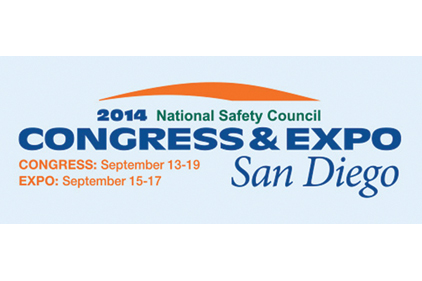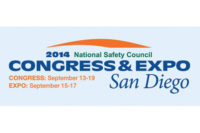Does it require empathy or emotional intelligence to “watch out for others”?
I believe that if you give the person the right answer to your second question in #2 “What’s in it for him?” then you are not relying on their own empathy for the person they are protecting or their own emotional intelligence.
A key premise is to give people reasons why they would “want to” watch out for the safety of others. When they have a reason that benefits them they will take action. I will cover the reason why in answer to your second question and it’s clarifying question.
I believe all motivation is self-motivation, which means that as safety professionals we need to give people reasons why they would want to do something. When we accomplish this then people will take the right action even when no one is watching. I give them the answer to the question, “Why?”
What is the motivation for a worker to be his brother’s keeper? What’s in it for him?
I cover five reasons why people would want to watch out for the safety of others in my presentation and in my book, “Would You Watch Out For My Safety?™. Two of these five reasons will actually work for someone who didn’t care about the safety of others. The reason is these two reasons actually benefit them. Even if they didn’t care about the safety of others I can show them how doing so would actually be in their own best interest.
Those two are number one and number four in my presentation and book.
Reason Number One is: When you watch out for the safety of others, your own personal safety awareness is increased. You are able to see, notice and take action on hazards that are around you that you may not have noticed before you began watching out for others. It also benefits your family as your outward focus on safety will allow you to be aware of hazards off the job that endanger those you love and care for.
The second, “self-serving” reason is Reason Number Four: When you watch out for the safety of others you will never have any regrets.
I share in my presentation stories of people who saw an unsafe condition, hazard, or behavior and chose not to say anything. Then suddenly something bad happened and someone is injured. Knowing they could have prevented it is a nightmare that never goes away. I have interviewed people who witnessed a fatality which they could have prevented and that is a pain no one wants to experience. One person shared with me after one of my presentations that for the past eleven years not a day had gone by that they didn’t relive the nightmare of watching someone being killed by a hazard they could have told them about.
What barriers get in the way of employees watching out for each other?
I cover three in my presentation. The first is that people don’t think something is going to happen. More often than not people see someone doing something unsafe and nothing bad happens. This creates the illusion that it isn’t necessary to say anything.
One story I tell is about a young painter’s apprentice who was scraping a grating. No less than seven people walked by that knew there was a power supply beneath the grating. I am sure they assumed the power had been turned off or that the young worker knew about it. The scraper did go through and hit the power.
The second reason is that for most people it is uncomfortable to point out an unsafe condition or behavior to someone. Sometimes we forget this as safety professionals and safety team members. For us we have seen and heard so many stories where an injury could have been prevented if someone watched out for the other person’s safety. That gives us a bigger motivation to take action. For everyone else we need to ove come this discomfort. The two methods of sharing safety with other people allow someone to do it comfortably.
The third reason is: they don’t know how. When people don’t feel competent to do something they will avoid it or do nothing.
As an example I often share what happens when you see a homeless person on the street. I’m not talking about the panhandlers who take advantage of the situation. You see someone and you want to help but you don’t know what to do. Do you give them money? Do you get them food? Would they be offended? The questions go on. If you haven’t been trained the confusion causes you to do nothing. It is very similar when someone sees someone else doing something unsafe. The end result is they do nothing.
What is essential in training a workforce to watch out for each other’s safety?
You must give them the reasons why they would want to watch out for the safety of others. The reasons must be for them and not just your reasons. Next you must give them detailed how-to techniques. If people don’t know the first step they stop and take no action. The method I teach is both simple and easily shared with other employees. There are many formal observation systems out there that do a great job. I know of no other system or techniques being taught other than mine that deal with the everyday concept of watching out for others on and off the job.
John Drebinger, Jr. is owner of John Drebinger Presentations. John is a motivation speaker, print and e-book author, educator and trainer on specific safety topics such as culture change, ownership for safety, and building better communication skills. Visit www.drebinger.com. For information, call Diane at 209-745-9419.


